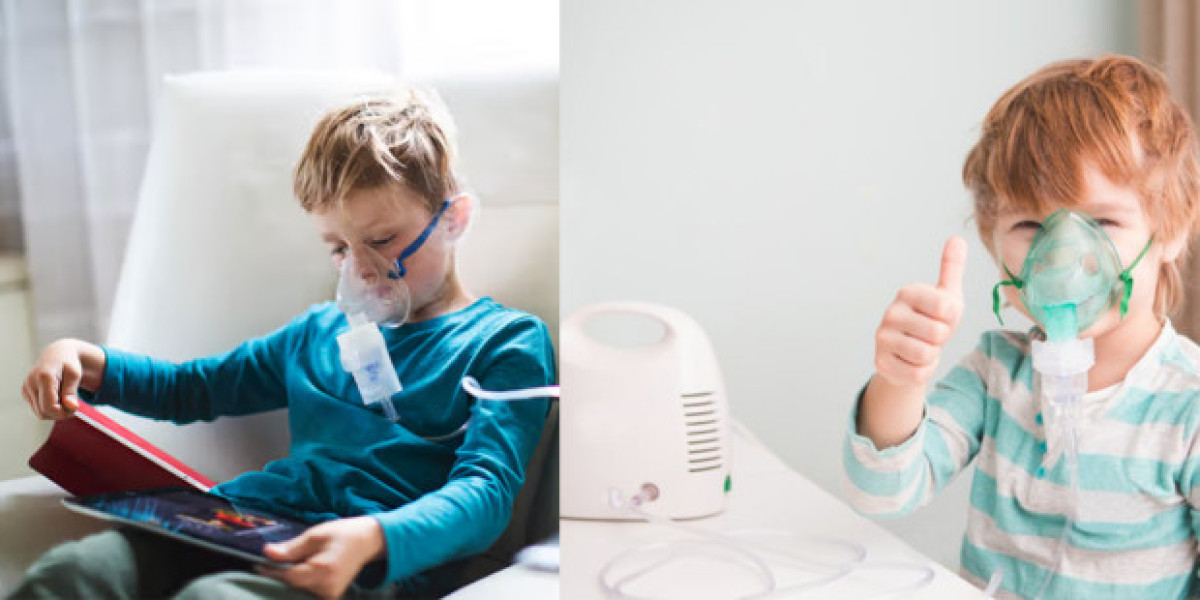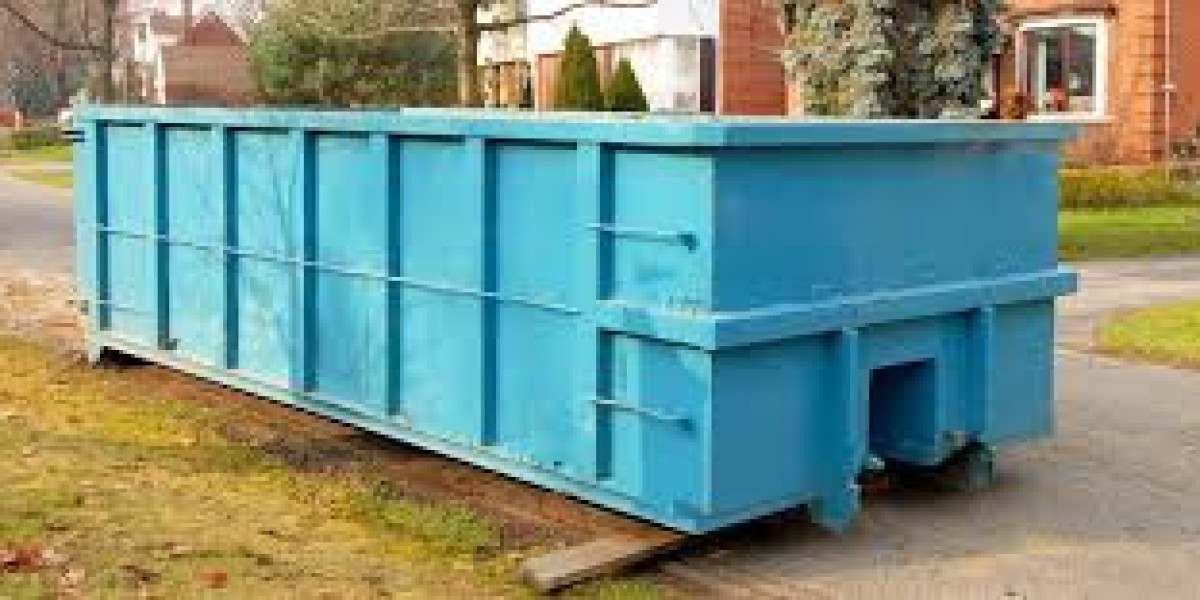Breathing is an essential life function that often goes unnoticed until a health issue arises. For people with respiratory conditions like asthma, chronic obstructive pulmonary disease (COPD), or bronchitis, breathing can become a daily struggle. A nebulizer machine is a powerful tool that helps deliver medication directly to the lungs, making breathing treatments more effective and manageable. In this comprehensive guide, we will explore everything you need to know about nebulizer machines, their importance, and other related medical devices such as blood pressure machines, glucometers, and more.
1. What is a Nebulizer Machine?
A nebulizer machine is a medical device used to deliver liquid medication in the form of a mist, which can be inhaled directly into the lungs. This machine is particularly useful for patients who have difficulty using inhalers, such as young children, elderly individuals, or those with severe respiratory issues.
Nebulizers are commonly used for treating conditions like:
- Asthma
- COPD
- Cystic fibrosis
- Respiratory infections
Nebulizers come in various types, including tabletop (stationary) models and portable devices. Portable nebulizers are ideal for patients who need treatment on the go.
2. How Does a Nebulizer Work?
The process of using a nebulizer machine is simple yet effective. The machine works by converting liquid medication into a fine mist, which is then inhaled through a mouthpiece or mask. The mist reaches deep into the lungs, providing quick relief from symptoms such as shortness of breath, wheezing, or coughing.
Here’s how the nebulizer works in steps:
- Medication: Liquid medication is poured into the nebulizer cup.
- Air Compressor: The nebulizer machine uses an air compressor to generate airflow, turning the liquid medication into a fine mist.
- Inhalation: The patient inhales the mist through a mouthpiece or mask, delivering the medication directly to the lungs.
3. Benefits of Nebulizer Machines
Nebulizer machines offer numerous advantages, especially for individuals with chronic respiratory problems. Some of the key benefits include:
- Easy to Use: Nebulizers are simpler to use than inhalers, making them ideal for children and elderly patients.
- Effective Delivery: Medication is delivered directly to the lungs, ensuring fast relief.
- Less Coordination Needed: Unlike inhalers, nebulizers don’t require any specific breathing technique. The patient can breathe normally while using the machine.
- Versatile: Nebulizers can be used with different types of medications, including bronchodilators, corticosteroids, and antibiotics.
4. Types of Nebulizer Machines
When choosing a nebulizer machine, it’s important to understand the different types available:
- Jet Nebulizers: The most common type, jet nebulizers use compressed air to turn liquid medication into mist.
- Ultrasonic Nebulizers: These nebulizers use high-frequency vibrations to create a mist. They are quieter and more efficient but typically more expensive.
- Mesh Nebulizers: Mesh nebulizers have a fine mesh screen that helps convert the liquid into mist. They are compact, portable, and quieter than jet nebulizers.
5. Nebulizer vs. Inhaler: Which is Better?
Both nebulizers and inhalers are effective tools for delivering medication, but the choice depends on the patient’s condition, age, and preference.
- Nebulizer machine is often recommended for patients who find it difficult to use an inhaler, such as young children or individuals with severe lung conditions.
- Inhalers are more portable and deliver medication quickly, but they require specific inhalation techniques that some patients struggle with.
6. Managing Respiratory Conditions with Nebulizers
For individuals with chronic respiratory conditions, the nebulizer machine can become an essential part of their daily treatment routine. It is vital to use the nebulizer as prescribed by a healthcare professional. Proper usage can improve lung function, reduce flare-ups, and enhance overall quality of life.
7. Other Essential Medical Devices for Respiratory and General Health
While nebulizers are crucial for treating breathing problems, maintaining overall health often requires the use of other medical devices such as blood pressure machines, glucometers, and sugar testers. Monitoring different health metrics ensures early detection of problems and timely treatment.
Blood Pressure Machine
A blood pressure machine (or blood pressure operator) is essential for monitoring heart health. High or low blood pressure can lead to serious complications like stroke, heart attack, and kidney problems. Home blood pressure machines allow patients to track their blood pressure regularly, offering better management of conditions such as hypertension.
How Does a Blood Pressure Machine Work?
A blood pressure machine typically consists of a cuff, a pump, and a gauge. The cuff is wrapped around the upper arm, and when inflated, it temporarily stops the blood flow. As the cuff deflates, the machine measures the pressure of the blood against the artery walls, providing both systolic and diastolic readings.
- Systolic Pressure: The top number, indicating the pressure when the heart pumps blood.
- Diastolic Pressure: The bottom number, showing the pressure between heartbeats.
For those who want to stay on top of their cardiovascular health, investing in a blood pressure machine is crucial.
Glucometers and Sugar Testers
For patients with diabetes or those at risk of developing it, monitoring blood sugar levels is a vital part of daily care. Glucometers (or sugar testers) are small, portable devices that measure blood glucose levels from a tiny blood sample, usually taken from a finger prick.
How to Use a Glucometer?
- Insert Test Strip: Place a test strip into the glucometer.
- Collect Blood Sample: Use a lancet to prick your finger and apply the blood sample to the test strip.
- Read Results: The glucometer will display your blood glucose levels within seconds.
Monitoring blood sugar levels regularly can help in managing diabetes effectively, preventing complications, and ensuring that blood sugar stays within the recommended range.
8. Importance of Using Medical Devices Correctly
Using medical devices such as nebulizers, blood pressure machines, and glucometers correctly ensures accurate readings and effective treatments. Misusing these devices can lead to incorrect diagnosis or delayed treatments, putting the patient’s health at risk. Always follow the manufacturer’s instructions and consult with a healthcare provider for guidance on how to use these devices properly.
9. Maintaining and Cleaning Your Nebulizer Machine
Regular maintenance and cleaning of your nebulizer machine are essential for ensuring it functions correctly and remains sanitary. Here’s a basic guide on how to clean and maintain your nebulizer:
- Daily Cleaning: After each use, rinse the nebulizer cup and mouthpiece with warm, soapy water, then let it air dry.
- Disinfection: At least once a week, disinfect the nebulizer components by soaking them in a solution of water and white vinegar, or as per the manufacturer’s instructions.
- Replace Parts: Nebulizer parts, such as tubing, masks, and mouthpieces, should be replaced regularly to ensure optimal performance.
Conclusion:
A nebulizer machine is a valuable medical device for those dealing with chronic respiratory conditions, offering a reliable way to deliver medication directly to the lungs. Alongside other essential devices like blood pressure machines and glucometers, nebulizers contribute significantly to managing overall health.
Whether you are dealing with breathing issues, monitoring your blood pressure, or keeping track of your blood sugar levels, these devices can help you lead a healthier life. Always consult with your healthcare provider to ensure you are using them correctly and effectively. With proper usage and care, these devices can provide better management of your health conditions, giving you peace of mind.



